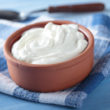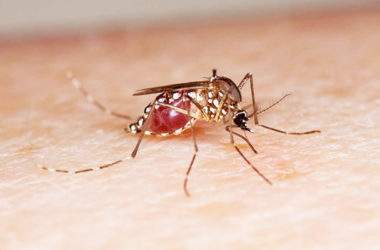Huntington’s disease, also known as HD, is a disorder that is genetic and is caused by an autosomal dominant mutation in an individual’s two copies of the gene Huntington. As the most common hereditary cause of chorea, a reason why the disease was used to be termed as Huntington’s chorrea, Huntington’s disease affects muscle coordination, cognitive decline, and behavioral symptoms.
Incidence
According to PubMed, the meta-analysis of data from four incidence studies indicated an incidence of 0.38 for every 100,000 per year. Lower incidence was revealed in Asian studies when compared to European, North American, and Australian studies. Globally, the service-based prevalence of Huntington’s disease was 2.71 per 100,000. The overall prevalence in Australia, North American, Europe, was 2.71 for every 100,000 while the overall prevalence for the three studies conducted in Asia was 0.40 per 100,000.
Symptoms
The common symptoms of Huntington’s disease are group into three, which can be motor, cognitive, and psychiatric, as per Mayo Clinic.
The motor incongruencies may involve affectations in involuntary and voluntary movements and these include involuntary chorea or jerking or writhing movements; dystonia, or muscle rigidity and contracture; slow or abnormal eye movements; impaired posture, gait, and balance; and difficulty in swallowing and speaking.
With regard cognition, the symptoms of Huntington’s chorea include difficulties in organization, prioritization, and concentration on tasks; lack of flexibility and the inclination to get stuck on a certain thought, action, or behavior; lack of impulse control, which may lead to outbursts; acting without thinking and sexual promiscuity; lack of awareness of one’s abilities and behaviors; slow thought processes; and trouble learning new information.
In the psychosocial aspect, the common signs and symptoms of Huntington’s disease are social withdrawal; insomnia or difficulty sleeping; fatigue and loss of energy; feelings of apathy, sadness, and irritability; and frequent thoughts of death, dying, or suicide. Other mental conditions that associated with Huntington’s disease include obsessive-compulsive disorder, which is characterized by intrusive, recurrent ideas and repetitive behaviors; mania or elevated mood, inflated self-esteem, impulsive activity, and overactivity; and bipolar disorder or fluctuating episodes of mania and depression.
Management
As per NHS UK, there is no cure for Huntington’s disease. Also, its progress cannot be delayed or reversed. Thus, the management goal for the condition is to alleviate mood disturbances to enhance the functionality of the person, enabling him to do tasks of daily living.
Proper nutrition should be maintained in people with Huntington’s disease. According to NHS UK, the food should be easy to chew, swallow, and digest. This can be done by cutting the food into smaller pieces or having them pureed to prevent choking. Special straws and non-slip mats can also be used to provide comfort while eating. In severe cases, a feeding tube attached directly to the stomach can be used. In addition, an occupational therapist can also aid the person with day-to-day activities, like bathing, transfer, preventing risk of injury.
According to Movement Disorders, dopamine receptor blocking agents, such as reserpine, and tetrabenazine, can be utilized if the chorea tremendously affects the quality of life. Neuroleptics, such as risperidone and haloperidol can also be used to deal with the trembling movements. For severe and disabling cases of chorea, stereotactic surgery or stereotaxy, can be performed by using three-dimensional coordinate system to check for small target points in the body. Such target points are utilized for interventions like biopsy and ablation.
Support is also essential to the family of the person diagnosed with Huntington’s disease. This involves checking whether a family members also carry the gene for the condition, in addition to locating a care home for more advanced cases.













